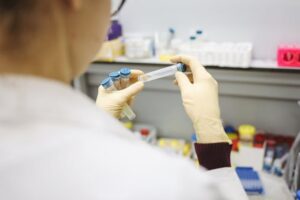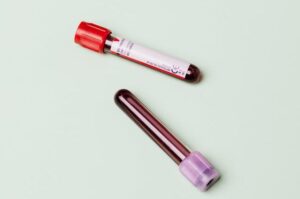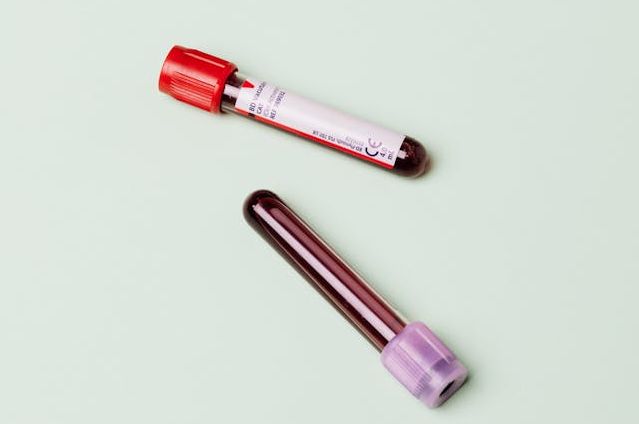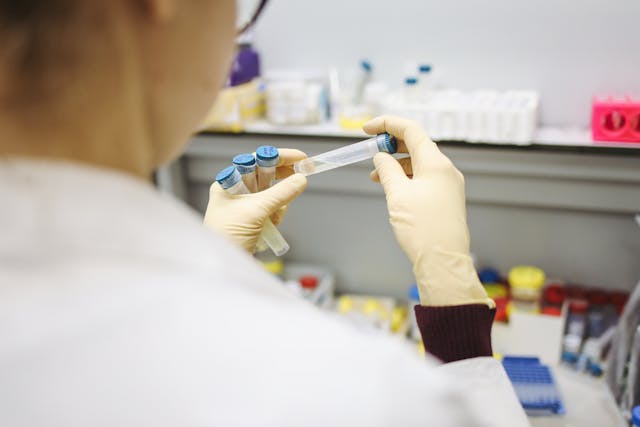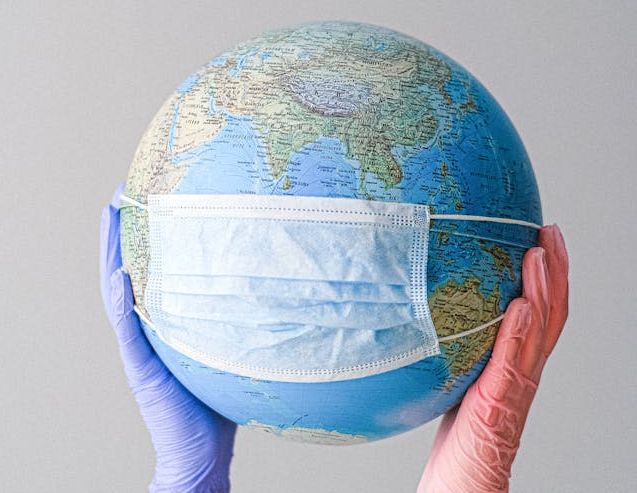Since the onset of the COVID-19 pandemic in New Zealand, vaccination has become a critical tool in controlling the spread of the virus and protecting the community from severe forms of the disease. New Zealand authorities have made significant efforts to mobilize resources and ensure that vaccines are available to everyone who wants them.
To date, thanks to an extensive vaccination campaign, a large proportion of the New Zealand population has access to a variety of COVID-19 vaccines. According to the latest data, the percentage of vaccinated citizens has reached the 80% mark. This achievement demonstrates the country’s significant success in providing collective immunity and protecting the population from severe forms of the disease.
However, despite the positive results, there are still challenges and obstacles to full vaccination of the population. One such challenge is the continued resistance of certain groups of the population to vaccination, which slows down the achievement of collective immunity and increases the risk of spreading the virus.
Moreover, access to vaccines in some remote and less populated areas remains limited due to supply and logistical difficulties. This underscores the need for increased efforts to ensure equitable access to vaccination for all segments of the population, including those in remote and economically vulnerable locations.
Overall, New Zealand’s COVID-19 vaccination efforts are an important step towards overcoming the pandemic. Authorities continue to work on extensive education and awareness campaigns to dispel vaccine myths and raise public awareness of the importance of vaccination in protecting society and ensuring a safe future for all citizens.

